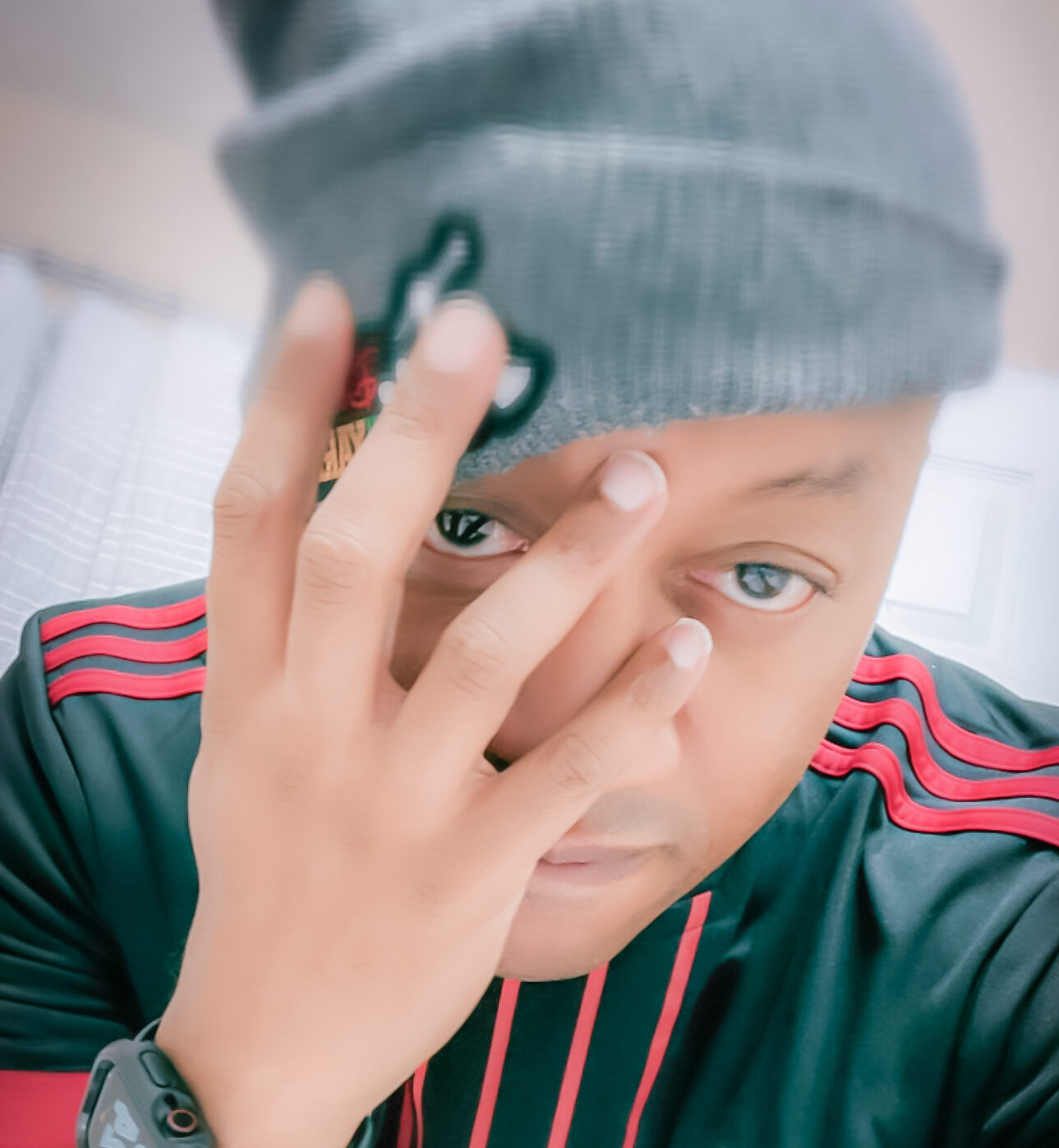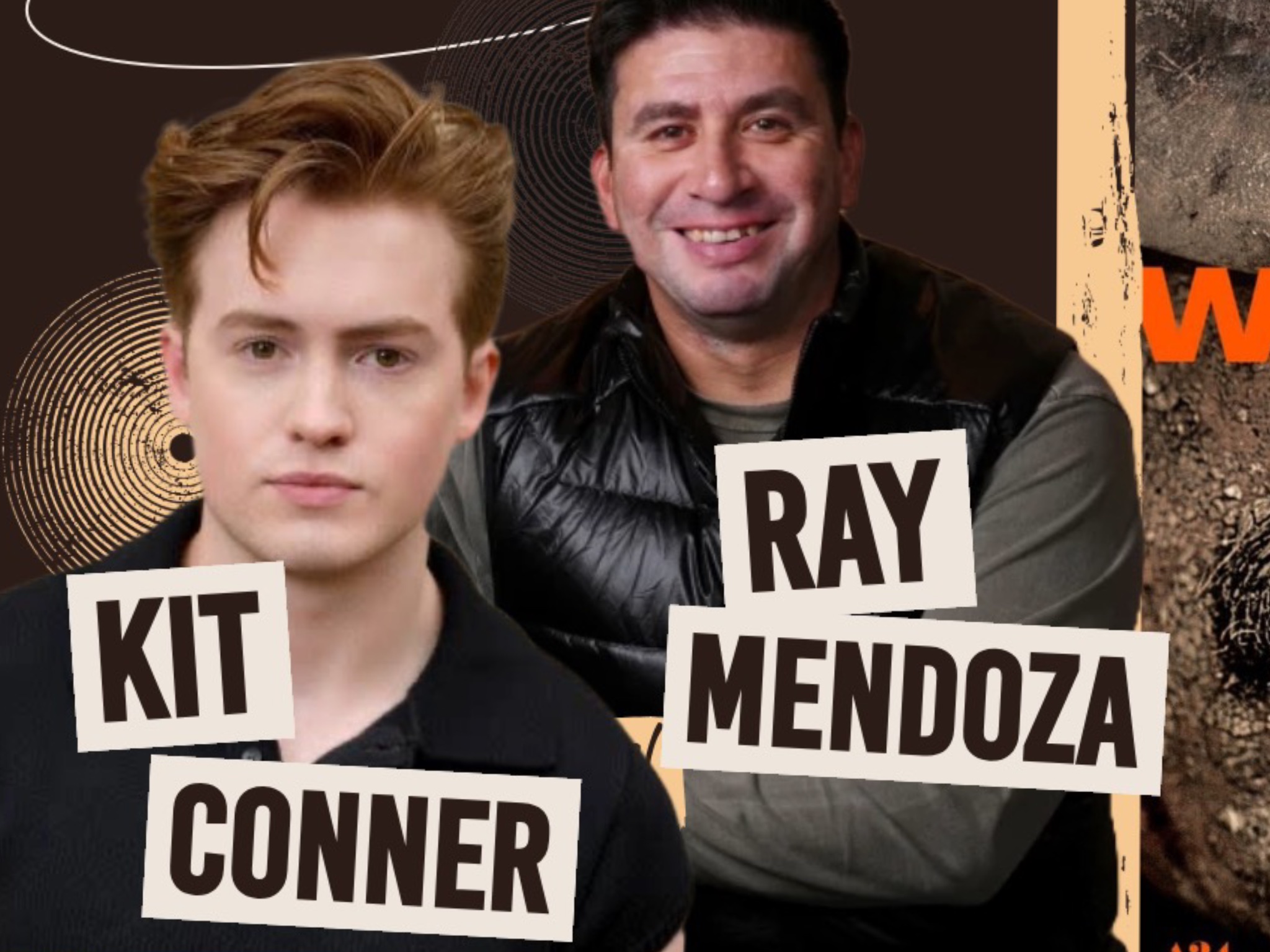Actor Kit Conner and Director Ray Mendoza sit down to discuss the most intense films of the year, WARFARE. Based on Mendoza’s experiences as a former U.S. Navy SEAL, the film follows a platoon of Navy SEALs on a mission through insurgent territory in November 2006, during the final stages of the Battle of Ramadi. A surveillance mission goes awry for a platoon of American Navy SEALs in Iraq.
With an exceptionally talented cast, the film effectively creates distinct experiences for each character. Kit Conner explains that his character’s role was more about the journey and the process of overcoming challenges. Ray Mendoza, the director, ensured that the integrity and realism of the film remained intact throughout the production.
Kit Conner: When you first received the script and started reading it, did you think, “Wow, this story is crazy?”
Yeah, I mean, I like it because it’s the most unique script I’ve ever read. Unlike most scripts, it’s not written for dramatic effect or pacing. It’s not made for Hollywood or anything like that. It’s simply made in a way that’s incredibly authentic, unbiased, and truthful to the memories of these men. As I read it, I was taken aback by how present it is in the final film. The music isn’t added to enhance anything. As Ray said, there are no violins, no orchestra section, and nothing to accentuate things. Everything is straightforward and unapologetic, just like it was in the script. The script almost read like a short film. Sometimes, when filmmakers make short films, they realize they won’t have a climax, beginning, middle, or end. So they just capture a snapshot of time. I think this film is truly committed to that idea of a snapshot in time, without adding or subtracting anything. So it felt like it was just an incredibly bold and spontaneous way of telling the story.
Ray Mendoza: Could you tell me about your initial experience when you first stepped into the scene, when you were envisioning the shots? Was the primary objective to ensure that the footage was captured and framed in a specific manner?
I was more concerned with what would be shot, and then Alex would decide how. For instance, the lenses or what kind of lens would be used for coverage, starting with the master mediums, moving into coverage. He helped track, you know, there are a lot of dealings with a bunch of guys in one room, and there are a lot of eyelines. The other guys start tracking where they understand who is talking, who is looking at whom, and so on. So, that was all for Alex. He’s a genius and all that stuff. And so, I was focusing more on the authentic performance of the actress as we had discussed before, and Alex was using his mastery of camera work. That was a good partnership.
Kit Conner: Did you ever feel overwhelmed during filming, Kit? Did you ever think, “This is too much?”
Well, the entire experience was quite surreal to me because I’m so far removed from the environment I grew up in and the way I exist. It was a completely new experience for all of us, actors. We didn’t really use a method approach, but we naturally tried to immerse ourselves in this world, this environment, and this brotherhood. I think that was probably the most surreal aspect. Additionally, the fact that they built an Iraq street was incredible. The design team was amazing; they created an incredibly realistic street. If we had walked there every day, they built the houses so realistically that they felt like you could live there, and that it was a street with life. That was probably the most surreal thing.
OVERALL FILM RATING: (A)

My Energy Is A GIFT Not A GIVEN

